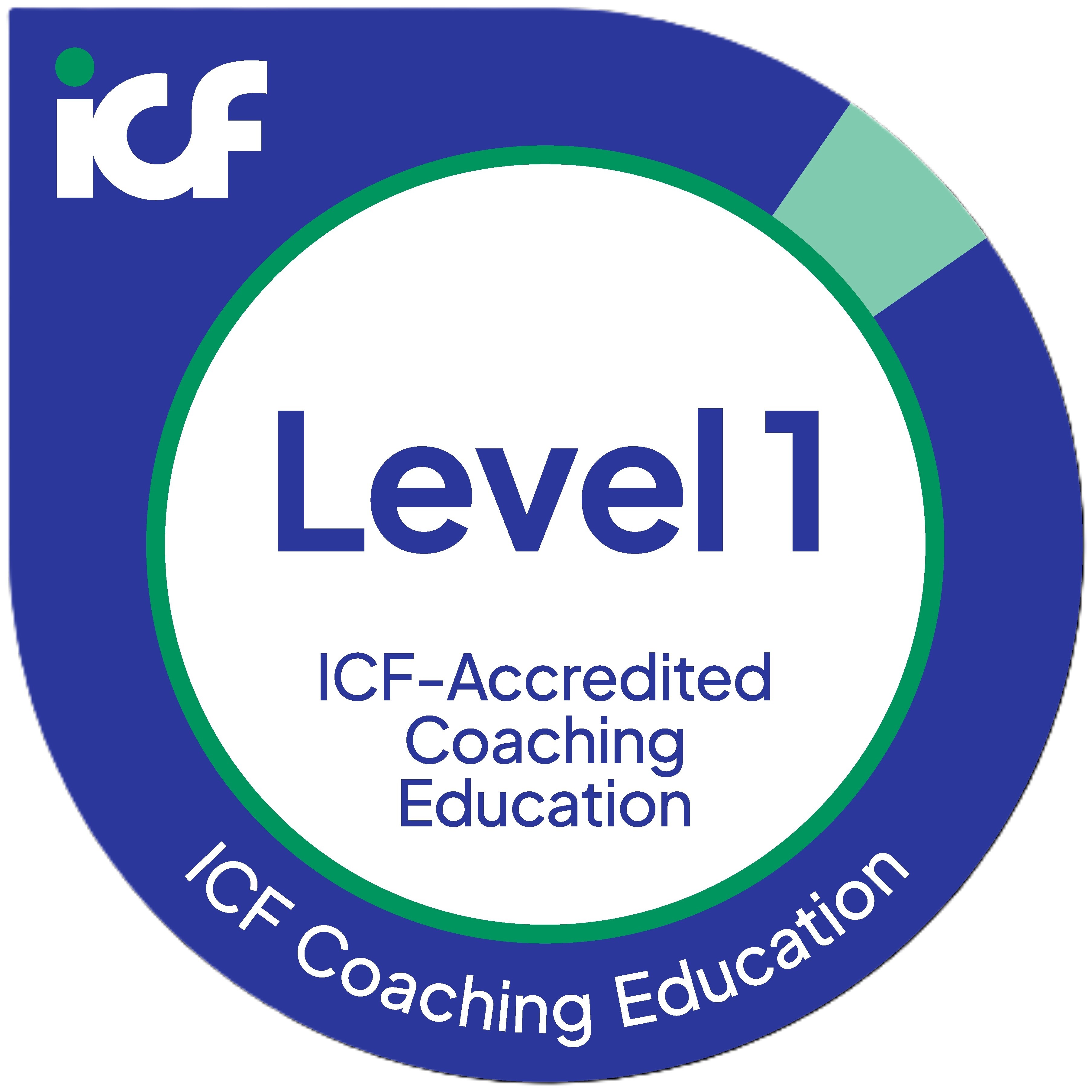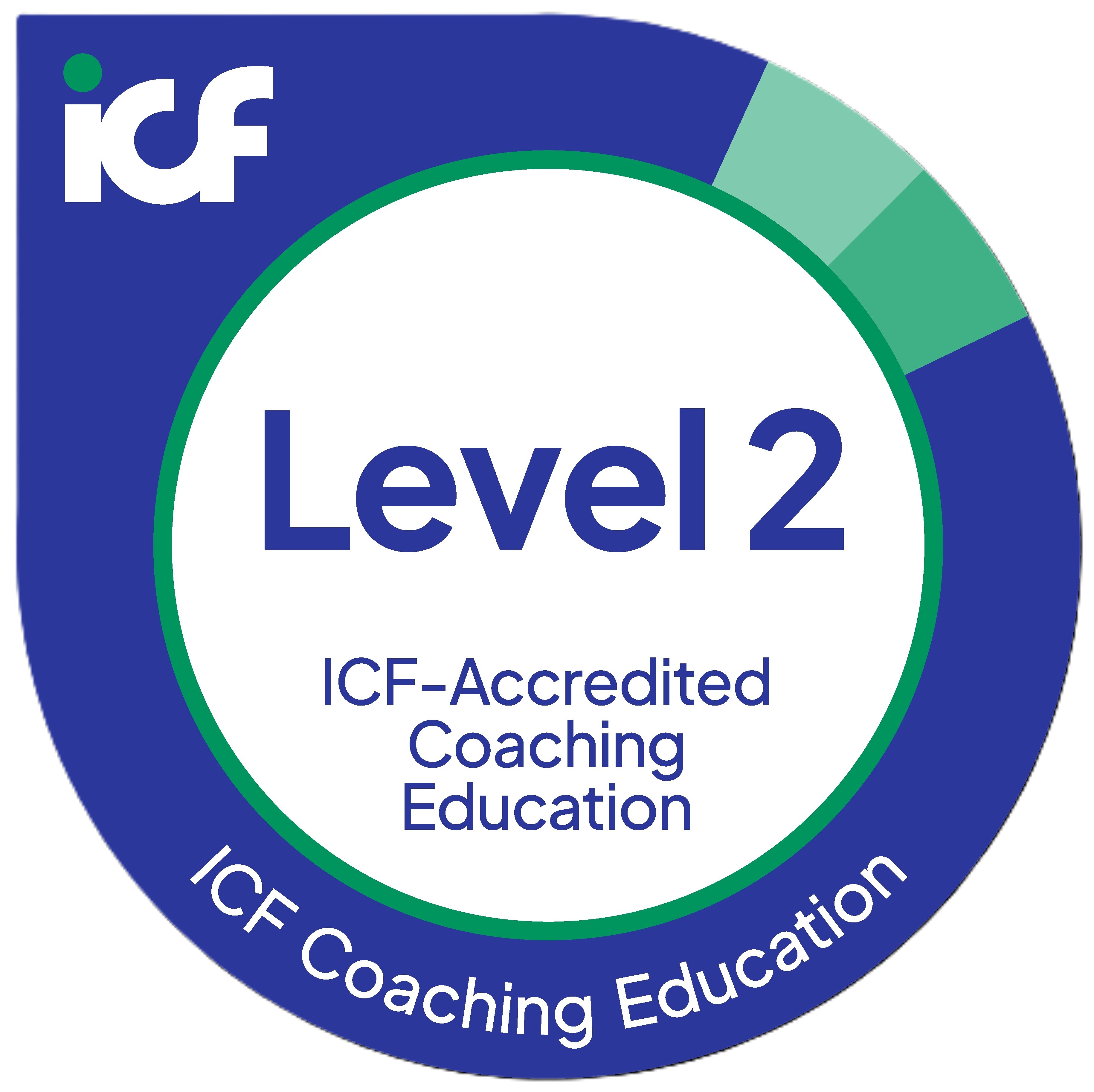
Life coaching is more than a collection of techniques or skills. It is more than a career you pick, or something you do for others. Authentic life coaching reflects who you are and finds a connection deep within yourself, growing like a plant in fertile soil. Life coaching is your authentic being engaged and in action within a specific relationship with another. Who you are and your personhood is the basis for effective life coaching. Therefore, coaching is rooted in your being, not in your abilities. You coach because of who you are.
Regardless of the personal coaching techniques or skills, you may still not be the most effective coach you can become. In addition to a relationship that benefits your clients, effective coaching is authentic self-expression within that relationship so that you catalyze the clients’ manifestation of their own desired outcomes. Therefore, coach training usually starts by focusing on the learning of “techniques,” but then move into teaching how to genuinely influence the behavior of clients.
These ideas are explored in depth in Pat William’s and Lloyd Thomas’s book Total Life Coaching. Together these industry-leading coaches encourage others to continue to develop their own skills as a way of furthering their ability to serve their clients. Leaders go first, so coaches should develop the answers for the following questions from their own hearts so that they can lead their clients successfully on the same journey. Life coach training begins with techniques, but doesn’t end there. Coaches should ask:
- “What makes a good coach great?
- How can coaches incorporate techniques into their personalities, so they authentically contribute to their clients’ well-being?”
Life coaching is built around a modified application of Maslow’s hierarchy of human needs. While Abraham Maslow’s approach included both physical and psychological development, life coaches hone in on the causal hierarchy that can affect our lives as adults. By understanding the process, life coaches can enter their clients’ journey, and help them better navigate his or her life's course. The life coaching hierarchy looks like this.
- Life is continuously providing us with information or “messages.”
- When we do not listen, the messages become lessons.
- If we do not learn, the lessons become problems.
- When we don’t address the problems, they become crises.
- When crises go unresolved, they create chaos in our lives.
Coaches seek to live on the levels of messages and lessons, not waiting for them to become problems, crises and reactions to chaos. They also strive to have their clients live at that same levels. Great coaches are able to help their clients identify messages, lessons, problems, crisis and chaos, and then set a course of action that restores balance, and responds to the messages and lessons to diffuse the problems, crises and chaos. For the coach, this journey often begins by asking:
“Have you designed your life the way you want? If your deepest desires were fulfilled, how would your life change, and what would you do differently right now?"

Dr. Patrick Williams, Ed.D.,MCC, is the Founder and Director of Training of The Institute for Life Coach Training. He brings with him a wide variety of training in psychology and professional experiences, as well as training as a Coach. His personal approach is eclectic, drawn from his graduate education, life experiences and other professional training.




